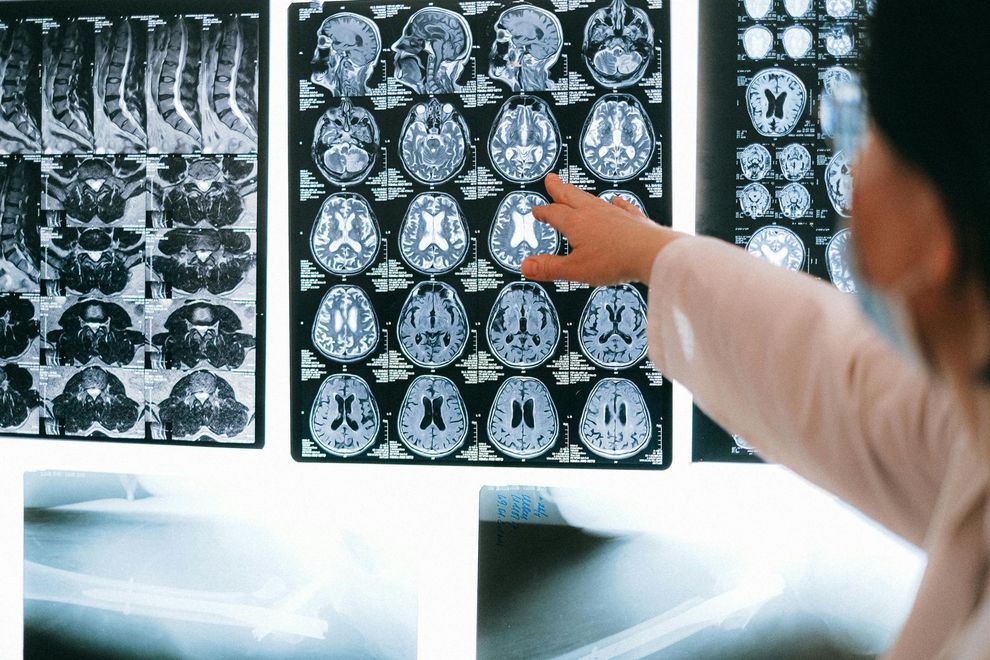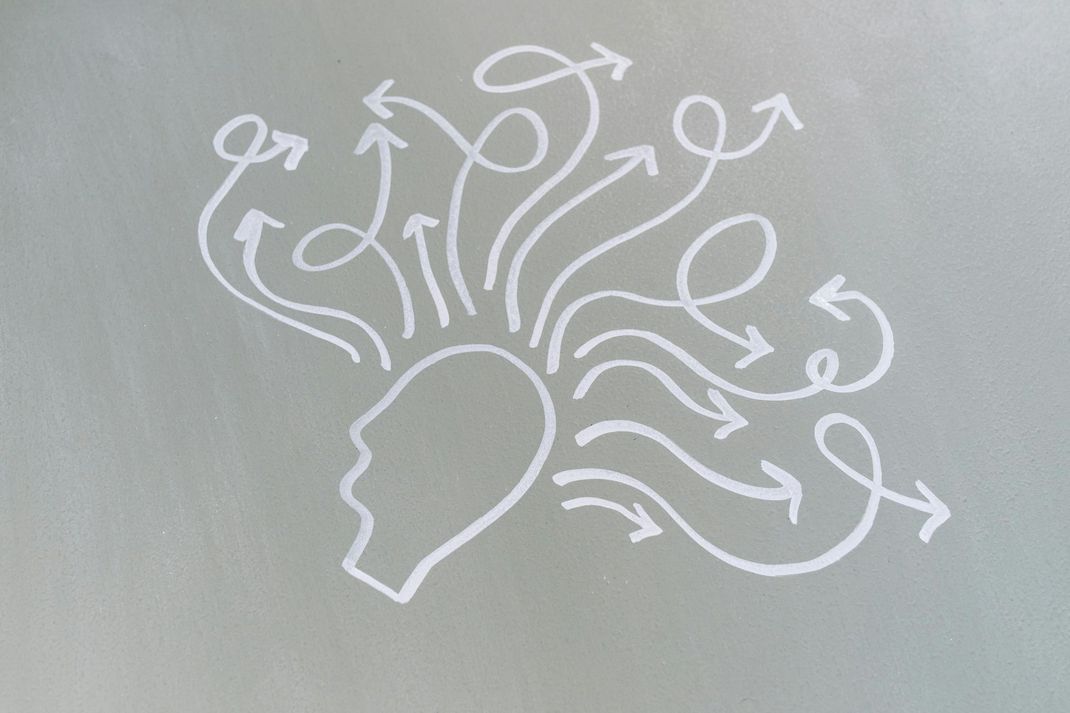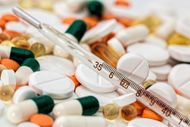
Welcome to Concussion Protocol
At Concussion Protocol, our mission is to provide you with clear, friendly, and trustworthy information about concussions. We aim to help parents, athletes, and everyone in between understand what concussions are, how to recognize their symptoms, and how to support recovery with confidence.

Understanding Concussions
Why Concussion Awareness Matters


Key Concepts of Concussions
Recognizing Concussion Symptoms
Stay Informed
Understanding the symptoms and warning signs of a concussion is crucial for timely intervention. Common symptoms include headaches, dizziness, confusion, and sensitivity to light or noise. If you or someone you know experiences these signs after a head injury, it's important to seek medical attention promptly.
Treatment and Recovery Strategies for Concussions
01
Immediate Care
Seek medical attention right away if a concussion is suspected. Early assessment is crucial for proper management.
02
Rest and Recovery
Allow time for the brain to heal. Gradual return to normal activities is essential, guided by healthcare professionals.
03
Cognitive Rehabilitation
Engage in cognitive exercises to help restore mental functions. Tailored programs can aid in recovery.
04
Physical Therapy
Incorporate physical therapy to address balance and coordination issues. A specialized therapist can provide targeted exercises.
05
Support Systems
Connect with support groups or counseling services. Sharing experiences can be beneficial for emotional recovery.
Explore Recent Insights and Trends in Concussion Awareness
Voices of Awareness
Hear from those who care about concussion safety

Sarah Thompson, Parent
"Understanding concussions has been a game changer for our family. We now know the signs to look for and how to respond quickly."

Jake Miller, Athlete
"As an athlete, I never thought concussions would affect me. Thanks to the resources here, I learned how to protect myself and my teammates."

Dr. Emily Carter, Healthcare Professional
"Raising awareness about concussions is crucial. The more we educate ourselves, the better we can support recovery and prevent future injuries."
Supplements to Support Post-Concussion Recovery
While rest, hydration, and professional care are the foundation of concussion recovery, certain nutritional supplements may help support the brain’s healing process. Think of these as extra tools—not cures—that may reduce inflammation, improve cognitive function, and help you feel like yourself again.
Here are some supplements commonly used in post-concussion support:
- Omega-3 Fatty Acids (Fish Oil): Omega-3s, particularly DHA, help reduce brain inflammation and support cell repair. Some studies suggest they may improve mood, memory, and brain resilience after injury.
- Magnesium: Often depleted after a concussion, magnesium supports nerve function, calms the nervous system, and may help with headaches and sleep issues.
- Vitamin D: Low levels of vitamin D are linked to longer recovery times. Supplementing may help regulate inflammation and support brain health.
- Curcumin (from Turmeric): Known for its powerful anti-inflammatory effects, curcumin may reduce oxidative stress and support the brain's healing environment.
- N-Acetyl Cysteine (NAC): NAC is an antioxidant that helps replenish glutathione, a key protector of brain cells. Early research shows promise for NAC in reducing post-concussion symptoms.
- B Vitamins (especially B6, B9, B12): These are essential for brain energy, mood regulation, and nerve repair—critical components during recovery.
💡 Always talk to your doctor before starting any new supplements, especially after a brain injury. Some may interact with medications or be unnecessary depending on your personal health.

